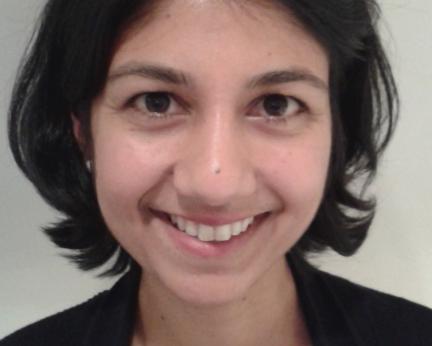My weeks are varied and every day is different. I would say that approximately 50% of my work is clinical, 30% is lab work, with the remaining 20% of my time spent carrying out research.
I have a very diverse clinical workload. One day a week I have a bariatric clinic. There are many types of bariatric surgery and one of the most successful procedures is the gastric by-pass operation. This can help people with type 2 diabetes go into remission through drastically changing the body’s metabolism. I look after patients before and after their operations, optimising their diabetes and other cardiovascular risk factors, as well treating any metabolic complications after surgery. During this clinic, I work with other metabolic medicine doctors, endocrinologists as well as dieticians and psychologists.
I also undertake total parenteral nutrition (TPN) ward rounds. This involves giving nutrition via the central vein to patients who are unable to eat. I work with gastroenterologists, dieticians, pharmacists and a vascular access nurse during these ward rounds.
In the laboratory, I spend time developing new tests. My hospital has been one of the first in the UK to implement the ‘high sensitivity troponin’ test for diagnosing a heart attack. This is a more sensitive blood test than has been available previously and it means that we can tell if someone has had a heart attack much earlier. With previous tests we had to wait hours to obtain a result. This is good for patients, as it means that we can make faster decisions on whether they can be discharged or receive specialist treatment. This work has been a collaboration between t laboratory staff, cardiologists and A+E doctors.
One day a week I’m the ‘duty biochemist’, which means I am the go-to person for problems in the biochemistry laboratory, and we run a biochemistry advice service for GPs in NW London. When I am working in the lab, I work with clinical and biomedical scientists.
Then, as mentioned earlier, 20% of my work revolves around my academic research. As I have recently completed my PhD, I have still got some ongoing research projects. For instance, I have a collaboration, a paediatric study into diabetes, with a group at St Thomas' hospital.
I also do on-calls which are from home and mostly I give clinical advice over the phone. These generally occur every nine days. On weekdays they are between 5pm and 9am, so I can get a few calls during the night and at weekends they last 24 hours.
Finally some weekends I also teach on a PACEs course, which helps core medical trainees pass that part of their Membership of the Royal College of Physicians (MRCP) Part 2 exam.





